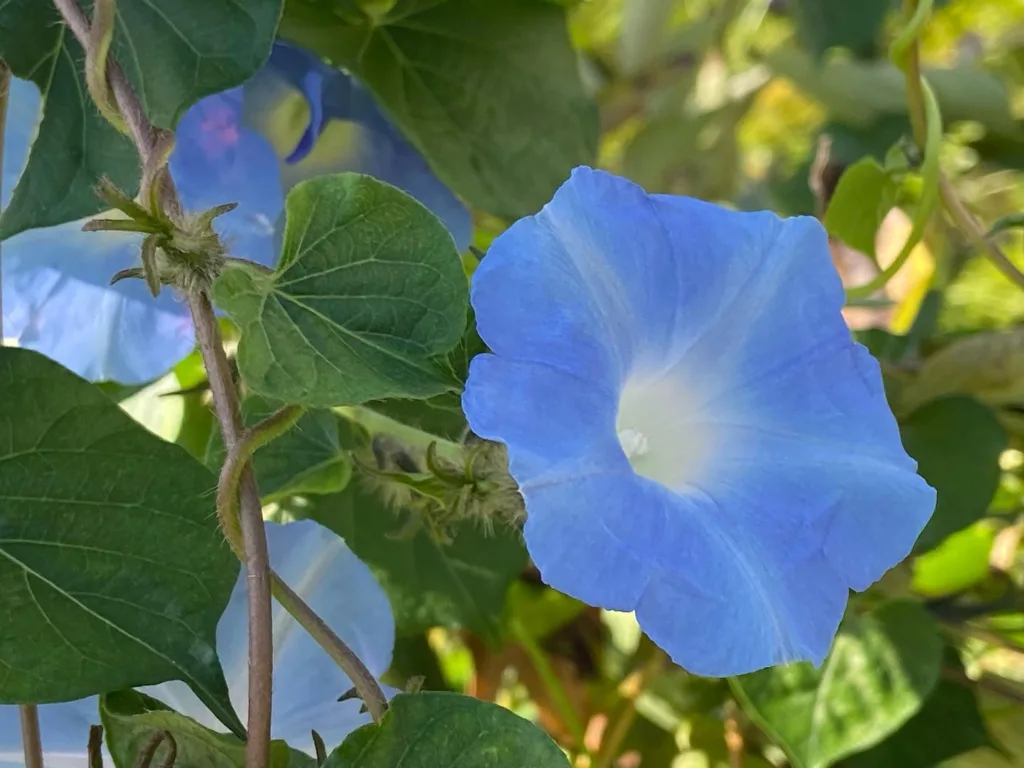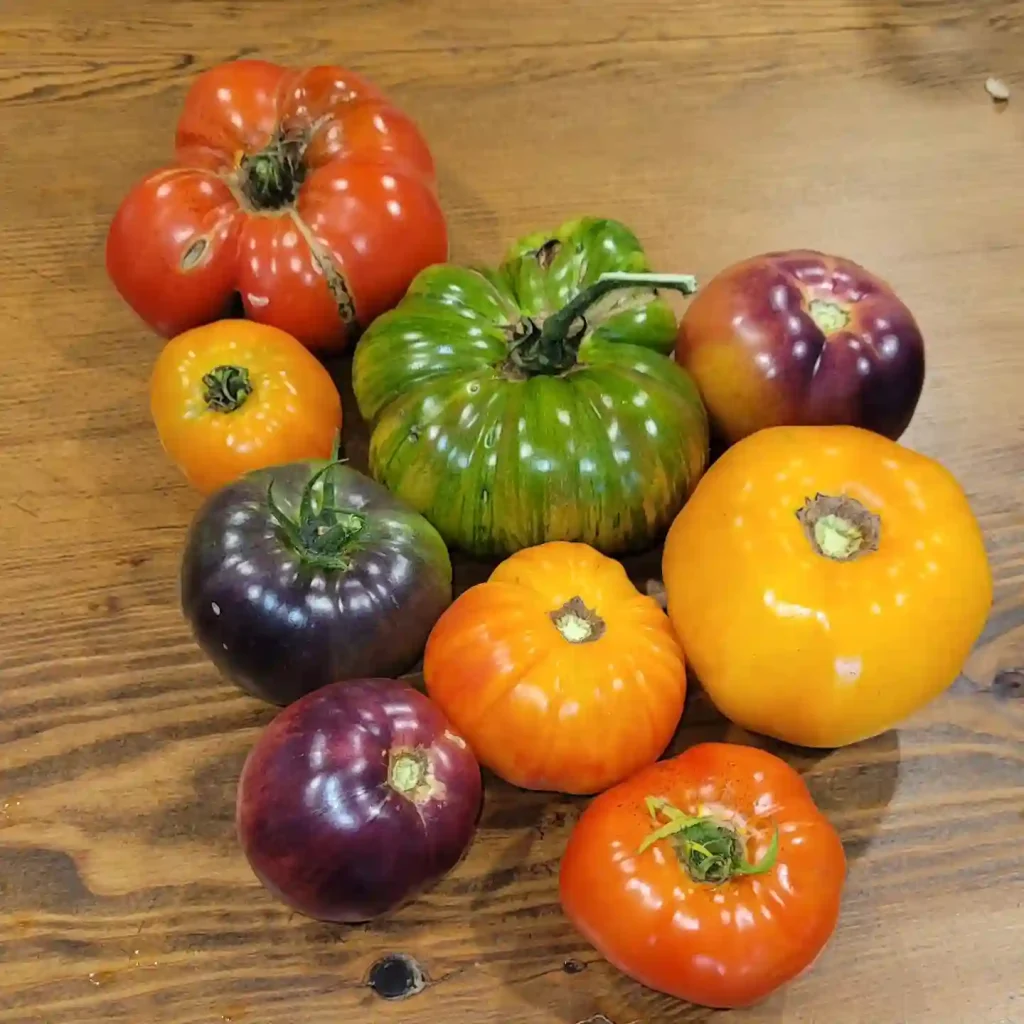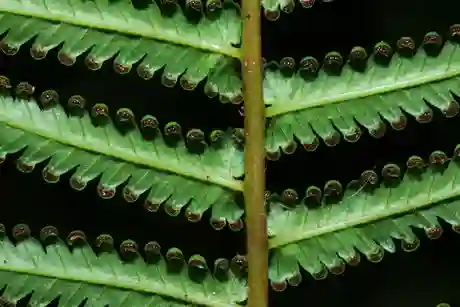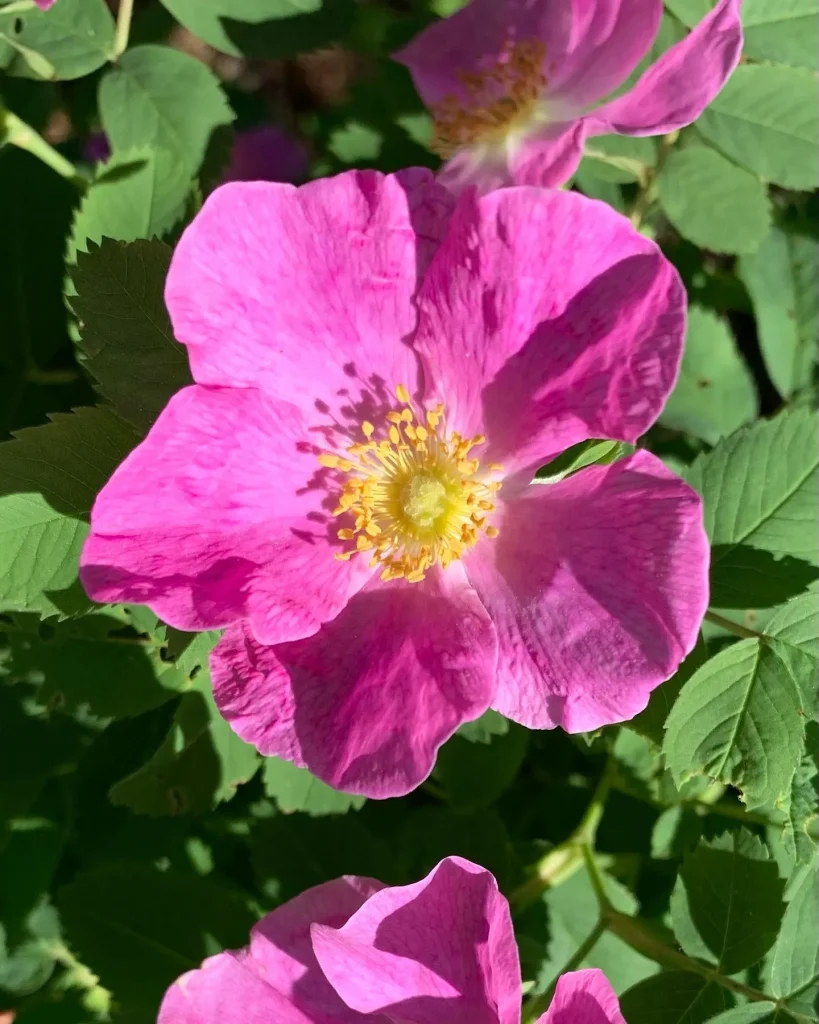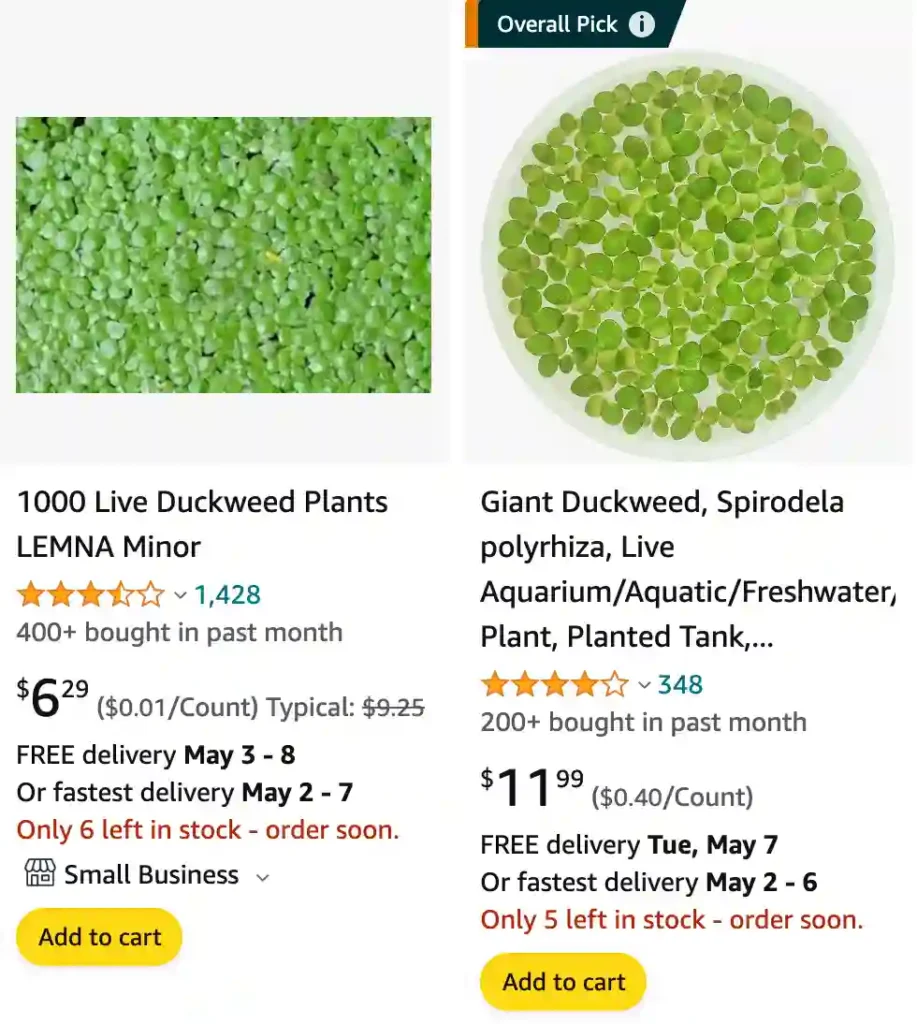
What is duckweed?
I remember noticing duckweed for the first time while fishing at my grandpa’s pond when I was a kid. It seemed like this weird green carpet had formed over the water. Grandpa explained those were tiny little plants called duckweed and that fish and birds alike loved to eat them. I was fascinated to find out that each little speck was its own plant, with its own little roots! Sometimes I wish I still had that sense of wonder about the natural world.
How to get rid of duckweed?
Duckweed can be a real pain if you want to keep your pond looking nice. I tried all the tricks in the book to get rid of mine – skimming it off the surface, using special chemicals, and even adding a few hungry goldfish. The skimming helps temporarily, but those plants multiply so fast you’d have to spend all day out there just to keep up with them. The goldfish seemed to enjoy snacking, but it never made much of a dent in the overall population. I even thought about draining the pond for a fresh start, but that felt like more work than I could handle.
Do ducks eat duckweed?
Oh yeah, ducks absolutely love duckweed! I used to have a small flock of backyard ducks, and I swear it was their favorite treat. They’d swarm over anytime I tossed some of it in their pond, gobbling it up as fast as their little beaks could manage. I imagine it’s kind of like a salad for them – a fresh, green snack. Sometimes, I’d even go down to the creek behind our house and collect some for them. It always put them in a good mood!
How to grow duckweed?
I haven’t personally grown duckweed intentionally, but I’ve seen how crazy fast it can spread on its own! I think the key is just to provide the right environment. It needs still water to float peacefully and plenty of sunlight for good growth. My neighbor tried growing some in a kiddie pool, just for fun, and it quickly became completely covered in the stuff. Honestly, from what I’ve observed, the hardest part might be stopping it from growing once you start!
How fast does duckweed grow?
Duckweed grows unbelievably fast. I had a little bit creep into my backyard water feature, and what started as a few tiny plants rapidly took over the whole surface. It almost felt like every time I blinked, the population had doubled! I’ve heard that it can sometimes double in less than two days, which is a bit terrifying if you’re thinking about maintaining a pond or aquarium. While it looks pretty, it definitely needs to be kept in check.
What eats duckweed?
Lots of critters find duckweed tasty! Of course, there are the obvious ones like ducks, who get their name from the habit. I’ve seen my pet ducks munching down on the stuff like it’s popcorn. Fish, like koi and goldfish, seem to enjoy it as well. They’re a good way to help control overgrowth. Apparently, even some species of turtles and frogs find duckweed to be a yummy snack. It’s a pretty handy food source in a pond environment!
How does duckweed reproduce?
Believe it or not, those tiny duckweed plants don’t usually grow from seeds. They’re more like super-efficient copiers! Each little frond seems to have a built-in sprout factory. As the plant matures, it creates new “buds” on itself. These buds grow bigger until they practically pop off the parent plant as tiny duckweed clones. It’s kind of creepy but fascinating to watch. It’s no wonder this stuff spreads so quickly – it’s basically making copies of itself all the time!
Is duckweed edible?
While I’ve never personally tried eating duckweed, I’ve heard that it is actually edible for humans. Apparently, it has a long history of use in Southeast Asia, where it’s considered a nutritious vegetable. It’s said to be a good source of protein and even has some vitamins and minerals. People put it in stir-fries, soups, and even smoothies! I’m a bit of an adventurous eater, so I’d be willing to give it a try – if I knew it was from a clean source, of course.
What does duckweed look like?
Duckweed looks like a bunch of tiny, bright green leaves floating on the surface of the water. Each little leaf is only a few millimeters across, oval-shaped, and has delicate little roots hanging below. It tends to grow in clusters or dense mats that resemble a green carpet covering the water.
Sometimes, when it’s really thriving, duckweed can even produce tiny flowers, but they’re hard to see with the naked eye.
What fish eat duckweed? Do goldfish eat duckweed?
Absolutely! Here’s why both goldfish and other types of fish enjoy snacking on duckweed:
- Goldfish: These guys are famous for their love of duckweed. They have big appetites and are always on the hunt for a snack, making them great for managing duckweed overgrowth.
- Koi: Similar to goldfish, koi are big fans of duckweed and are often used in ponds to naturally control its growth.
- Other Fish: Many other species enjoy a bit of duckweed in their diet, including:
- Grass Carp: These fish are primarily plant eaters
- Mosquitofish: These little fish happily munch on duckweed and other pond-dwelling snacks.
Remember, while duckweed is a tasty treat for your fish, it shouldn’t be their sole source of nutrition. Provide them with a balanced diet of quality fish food alongside goodies like duckweed for a happy and healthy tank or pond.
How to eliminate duckweed?
Eliminating duckweed takes a bit of effort and persistence. Here’s a breakdown of some methods, ranging from simple to more involved:
Manual Removal:
- Skimming: Use a pond net to scoop out as much duckweed as you can. This is a good immediate solution, but duckweed reproduces fast, so you’ll need to do it regularly.
Natural Control:
- Add Predators: Ducks, goldfish, koi, and other fish love to munch on duckweed, helping to keep populations in check.
- Increase Water Movement: Duckweed loves still water. Adding a fountain or aerator can disrupt its growth.
Chemical Control (Use with caution):
- Herbicides: Special herbicides specifically designed for duckweed exist. Always follow instructions carefully and consider potential impact on other pond life.
Other Tips:
- Reduce Nutrients: Excess nutrients from things like fish waste or fertilizers fuel duckweed growth. Maintaining clean water helps.
- Shade: If possible, provide some shade over the pond, as duckweed thrives in full sunlight.
Important: Duckweed spreads easily, so clean nets and equipment thoroughly after use to prevent it from getting into other water sources.
It might take a combination of these methods to fully get rid of duckweed, but with time and patience, you can win the battle!
Is duckweed invasive?
Whether duckweed is considered invasive depends on a few factors:
- The Species: Some species of duckweed are native to specific regions and play a part in their natural ecosystems. However, other species can be introduced to areas where they don’t belong, and that’s where invasiveness can become a problem.
- Behavior: Even native duckweed can become troublesome in certain conditions. Its rapid growth allows it to quickly cover the surface of ponds and slow-moving waterways. This can:
- Block sunlight, reducing oxygen for other aquatic plants and animals.
- Make it difficult to use these waterways for activities like fishing or boating.
The Bottom Line: While not all duckweed species are technically invasive, their ability to aggressively spread makes them a nuisance in many situations. It’s best to manage duckweed populations, regardless of their origins, to maintain a healthy pond or waterway.
Where to get duckweed?
Here are a few places you might find duckweed:
- Local Fish Stores and Aquarium Shops: Many shops carry live duckweed, often as food for goldfish or koi. Call around to see if they have it in stock.
- Online Retailers: Several online sellers specialize in aquatic plants, including duckweed. A quick search for “buy duckweed” should turn up a bunch of options.
- Local Ponds or Waterways: If you know of clean, undisturbed ponds with no risk of herbicides or pollutants, you might find some duckweed growing naturally there. Just be responsible and don’t take too much to avoid disrupting the ecosystem.
- Aquarium Communities: Online forums or Facebook groups dedicated to aquarium keeping often have members willing to share duckweed if it’s overgrowing their tanks.
Important Note: Before introducing duckweed from a natural source into your own pond or aquarium, be sure to thoroughly rinse it to remove any unwanted pests or hitchhikers.

